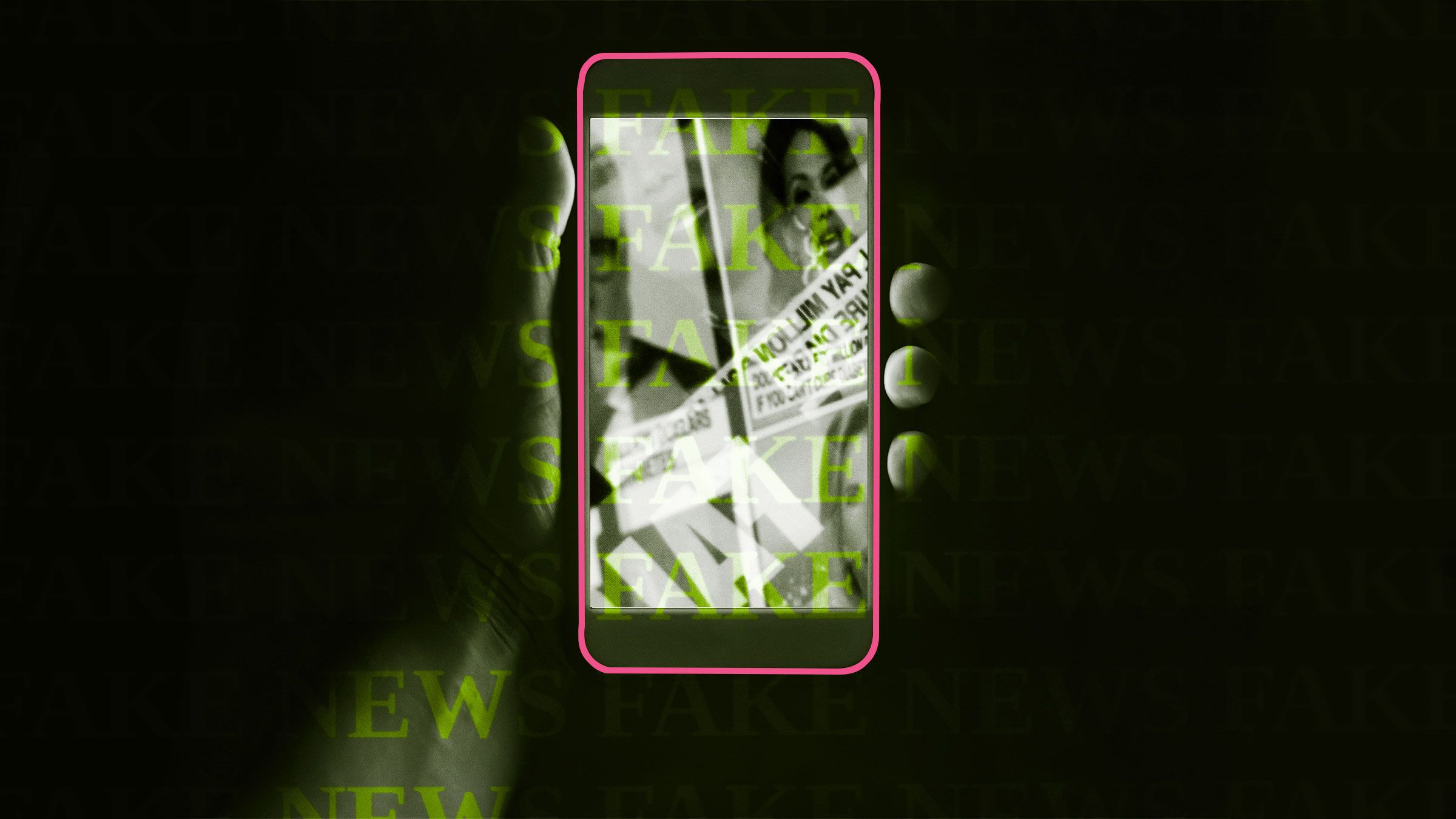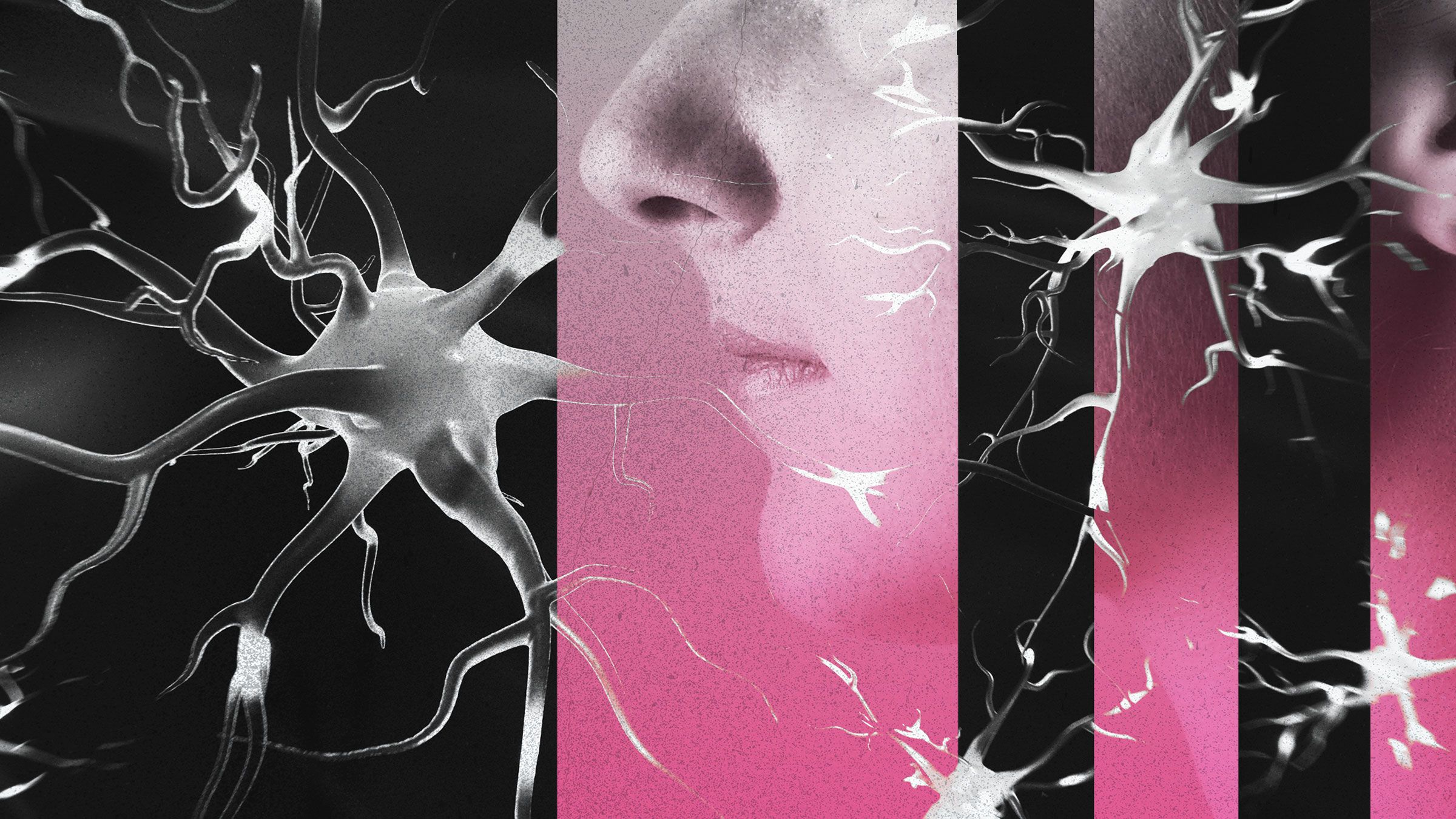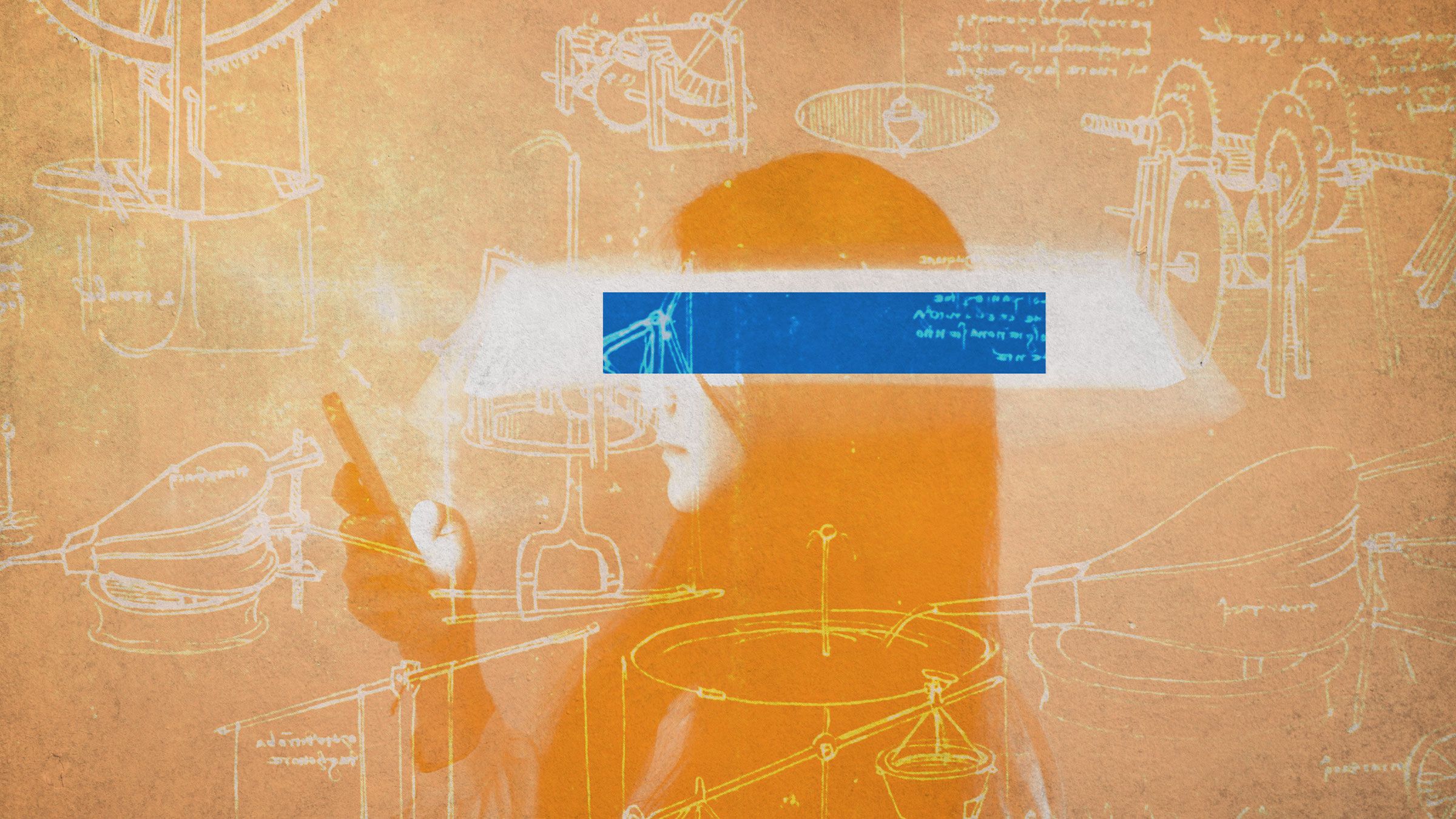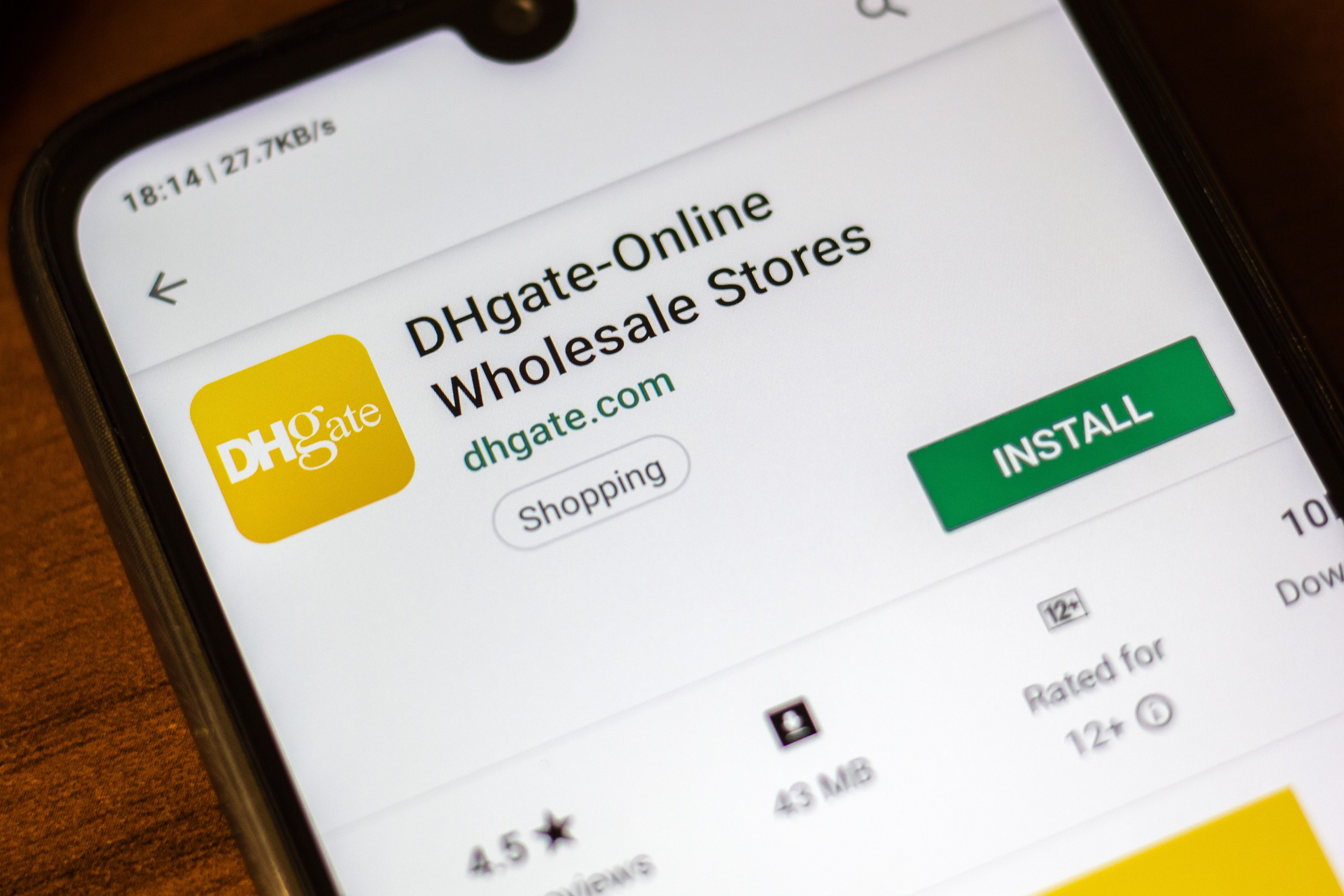The New Digital Dark Age
The New Digital Dark Age
In the age of rapid technological advancements, we are witnessing the emergence of what some scholars have dubbed the “New Digital…

The New Digital Dark Age
In the age of rapid technological advancements, we are witnessing the emergence of what some scholars have dubbed the “New Digital Dark Age.”
This phenomenon refers to a potential future where vast amounts of digital information may become inaccessible or even lost due to obsolete technology, lack of preservation efforts, or digital content being locked away in proprietary formats.
As more and more of our lives are being lived online, from social media interactions to financial transactions, the risk of losing this digital data presents a significant threat to our collective memory and history.
Just as the medieval Dark Ages saw a loss of knowledge and culture due to the fall of the Roman Empire, the New Digital Dark Age could result in a similar loss of information if we do not take proactive steps to preserve our digital heritage.
Archivists and digital preservationists are working tirelessly to find solutions to this looming crisis, advocating for the importance of open access to information and the use of standards-based formats for digital content.
Government agencies and organizations are also recognizing the gravity of the situation and are increasingly investing in digital preservation initiatives to safeguard valuable data for future generations.
Education and awareness about the fragility of digital information are crucial in combating the New Digital Dark Age, encouraging individuals and institutions to take responsibility for the preservation of our digital legacy.
By embracing open-source technologies, supporting initiatives like the Internet Archive, and advocating for policies that promote long-term sustainability of digital content, we can work together to prevent the loss of our digital heritage.
As we navigate the complexities of the digital age, let us remember the importance of preserving our collective memory and history for the generations to come, lest we risk falling into the darkness of the New Digital Dark Age.





